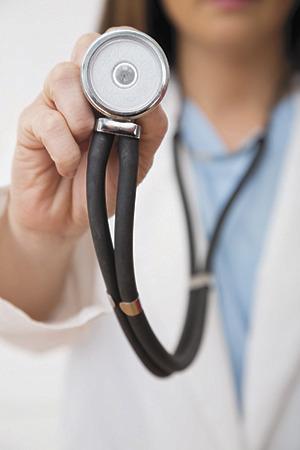Warm weather makes digging shellfish more enjoyable, but those higher temperatures also cause Vibrio bacteria in shellfish to multiply. This can make people who eat raw oysters or other shellfish sick.
The Department of Health monitors potential shellfish illnesses in coordination with local health departments. The department’s shellfish program tests water and shellfish for Vibrio bacteria, biotoxins, and pollution. When any of these factors indicate a threat to health, the agency restricts harvest and posts closures and warnings on their online Shellfish Safety Maps. The maps show updated information for recreational shellfish harvesters in Washington. Harvesters should also look for and obey warning signs posted at public shellfish beaches.
Properly cooking kills naturally-occurring Vibrio bacteria in shellfish allowing shellfish to be eaten safely.
“This is the time of year we often begin to have illnesses linked to eating raw or undercooked shellfish,” said Laura Johnson from the Office of Environmental Health and Safety at the state Department of Health. “Cooking shellfish properly kills Vibrio bacteria and is especially important during warm weather when these bacteria thrive.”
Recreational harvesters should take simple safety steps to avoid illness: On the day of harvest, check the Shellfish Safety Maps to see if any health restrictions are in effect. Harvest shellfish as the tide recedes and if the temperature is high, pass them by. Put shellfish on ice or refrigerate them immediately after harvest. Cook oysters at 145º F for at least 15 seconds; this kills naturally-occurring bacteria Vibrio parahaemolyticus which can make people sick. Wash hands frequently while preparing shellfish and do not put cooked shellfish back on the plate where raw shellfish were prepared. Instead of consuming raw oysters, people can safely enjoy oysters that have been baked, pan-fried, or grilled during the warm summer months. People with lowered immunity, liver disease, stomach ulcers, or who take medication to reduce stomach acid are at higher risk for severe illness and should never eat raw or undercooked shellfish.
It’s also important to check the Department of Fish and Wildlife website to verify that harvesting is allowed.


